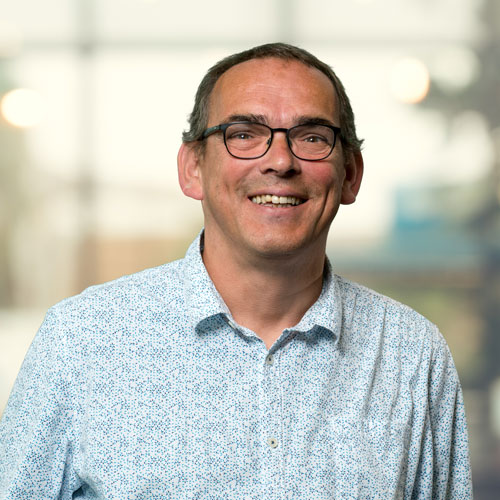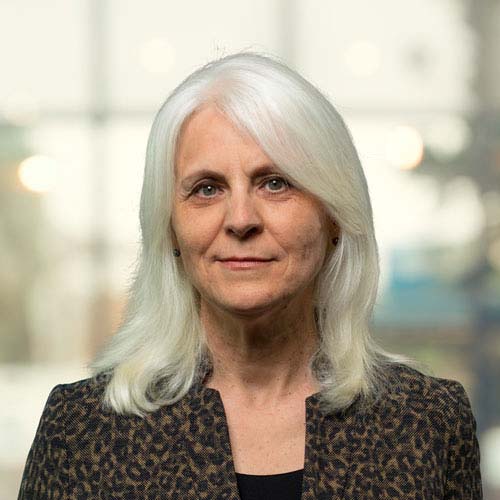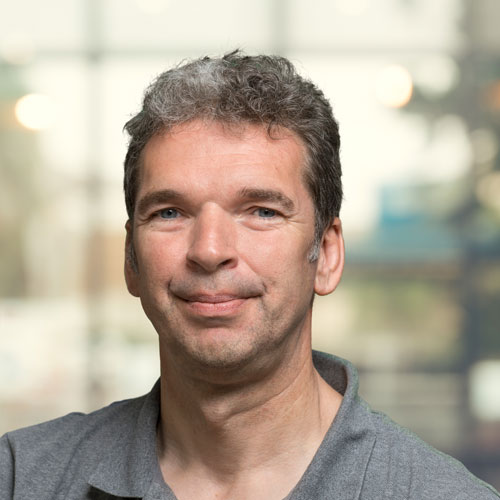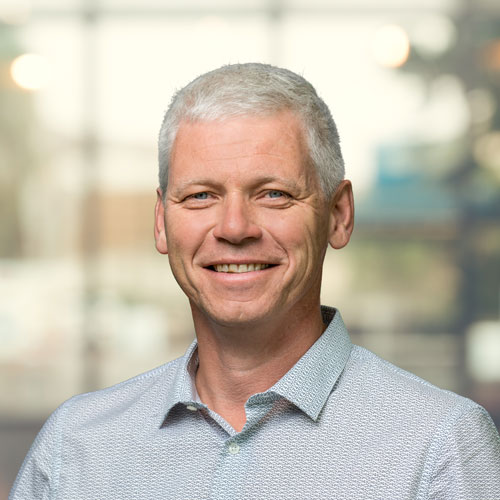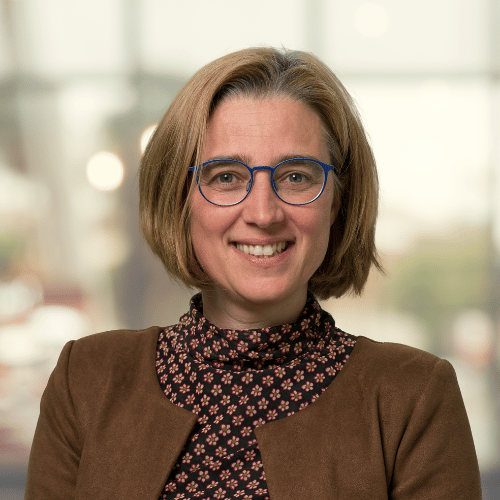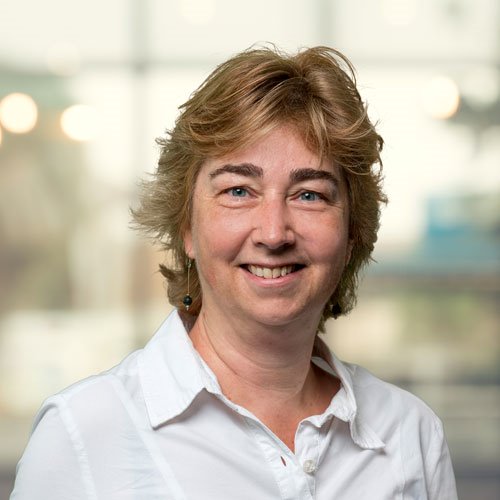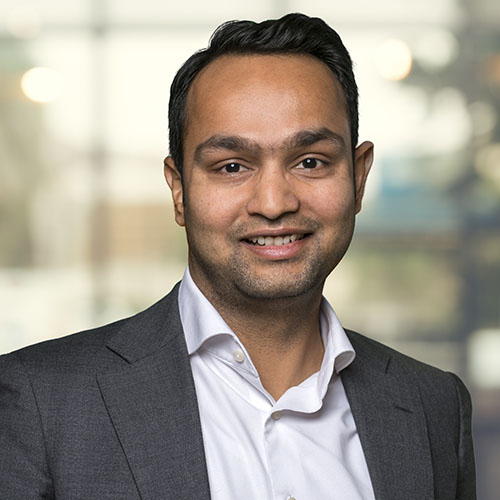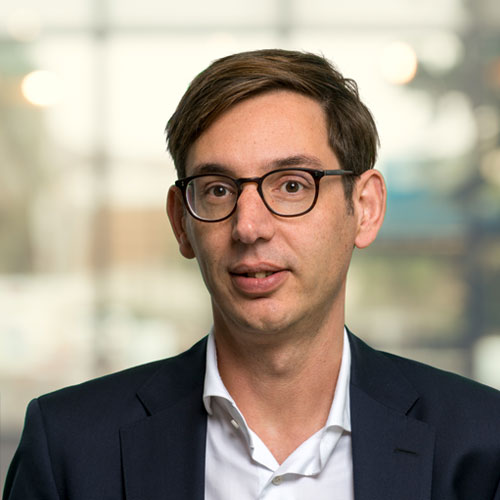Our vision at a sustainable society
At TNO, our goal is to achieve a sustainable society. A society that can adapt to a changing climate and contributes to a circular economy. A society with a sustainable living environment, renewable energy, and sustainable industry.
From progress to new challenges
In the last century, we have made progress in terms of prosperity and well-being. But this has consequences for our living environment and the environment as a whole. The climate is changing, natural resources are running out, land is subsiding, and biodiversity is under threat. This has resulted in complex challenges and diverse interests. We want space for industry, agriculture, and mobility. But we also want to reduce nitrogen emissions. We want sustainable energy generation and housing. But we also want landscape conservation. And the application of circular raw materials is sometimes diametrically opposed to the competitive ‘low-cost’ industry.
3 building blocks of a sustainable society
To make our society sustainable, we must emit fewer harmful substances. This is also laid down in the climate goals. In addition, we must build a circular economy to make balanced choices about the use of raw materials. And we must be prepared for changes in our climate. To achieve this, we at TNO focus on a sustainable living environment, sustainable energy, and a sustainable industry. We’re looking for integrated solutions at the system level. These are solutions that balance the changing needs of society, the environment, and the economy.
1. Sustainable living environment
We’re committed to creating a living environment with good liveability, in which we can live, work, and move around without harming the environment. At TNO, we develop smart and sustainable technology aimed at safe and efficient mobility and logistics without CO2 emissions. We also develop concepts for energy-neutral, healthy, and safe buildings with a sustainable heat supply. In addition, we study the possible effects of climate change on buildings, infrastructure, and existing and new facilities. We also focus on circularity. We research how we can close the raw material supply chains in our living environment and how we can avoid the use of primary raw materials.
2. Sustainable energy
The energy system of the future is stable, accessible to all, and sustainable. To achieve this and counteract increasing climate change, it’s crucial to accelerate the transition to a zero-emission energy supply. We focus on the innovative mix of technological solutions that make this possible. For example, energy generated by sun, wind, and biomass, and geothermal energy. But also the development of clean energy carriers, such as green hydrogen, energy storage technologies, and a reliable energy infrastructure. In addition, we develop designs for a reliable, accessible, and sustainable energy system.
3. Sustainable industry
sustainable industry is climate-neutral, emits no greenhouse gases, and is largely circular. Factories get their energy from sustainably produced electricity, green gas, and hydrogen. We develop technology for the production of this energy. For the chemical industry, we focus on the use of renewable energy to produce heat, hydrogen, and chemicals. We’re also working on the use of renewable raw materials such as recycled products, biomass, and CO2. We also design products and materials that are easy to recycle and better for the environment.
This is how we work on a sustainable society
TNO estimates CO2 storage capacity beneath the North Sea


Progress in circular packaging for soups and sauces
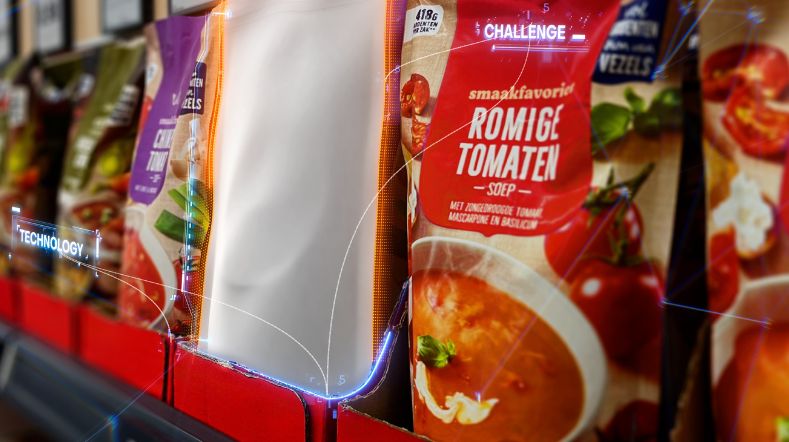

Gas production shows a slower decline than in the past decade
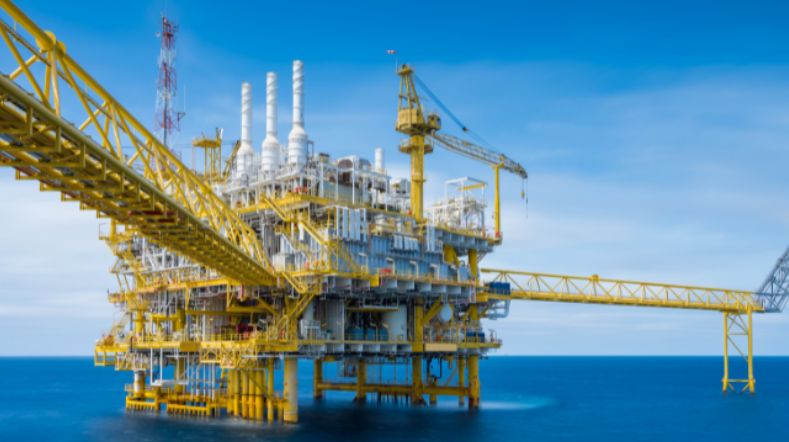

Biobased plasticizers: from compliance to competitive edge


Microplastics in clothing


